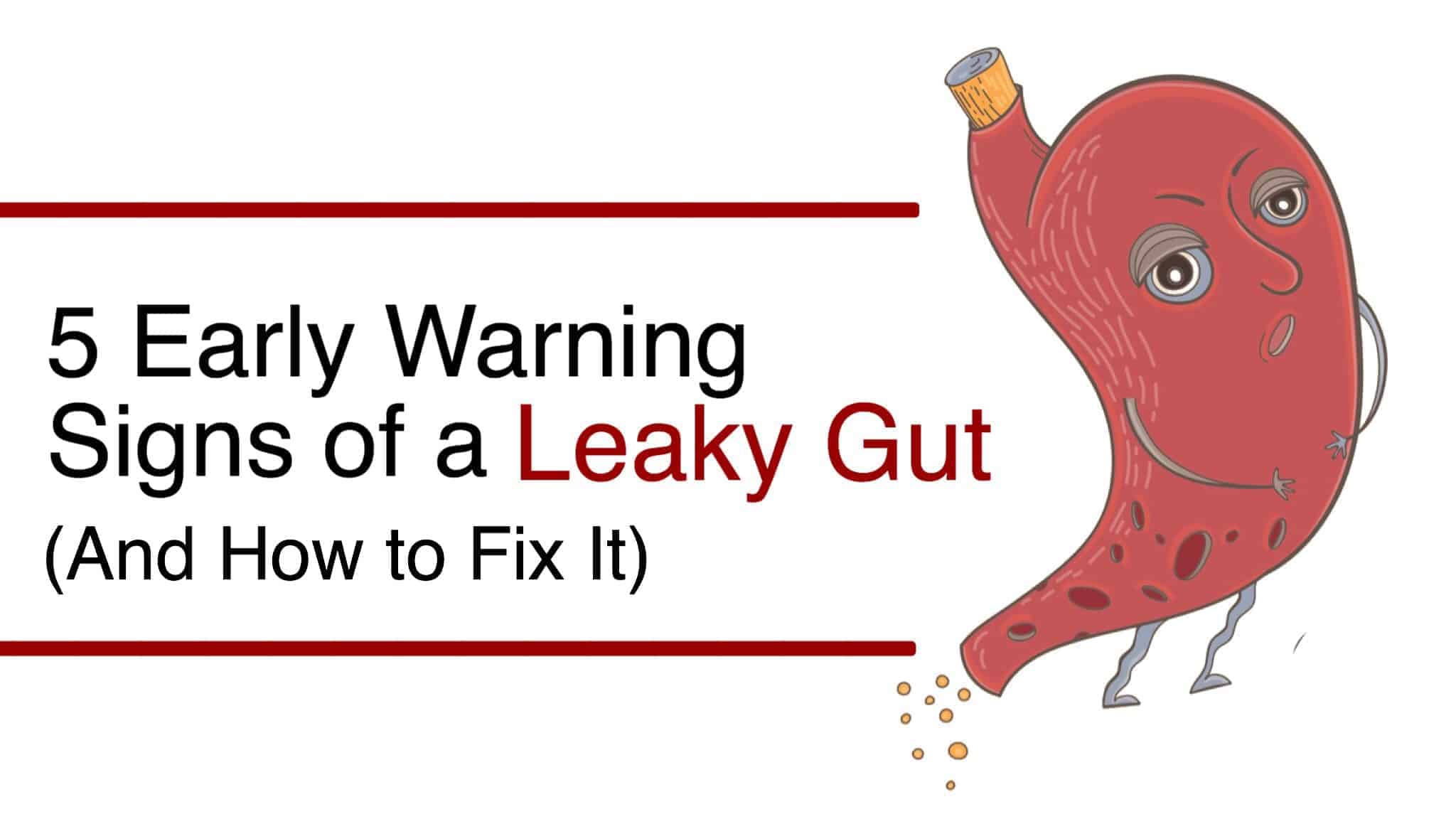Did you know that your gut has a brain? That’s right. There are over 100 million brain cells in the gut. While this number may pale in comparison to the brain’s 100 billion cells, it is nonetheless significant. So significant, in fact, that scientists have taken to calling the gut “The Second Brain.” There’s even a relatively new field, called neuro-gastroenterology, the study of brain-gut interaction and overall gut health. Incredible stuff!
One big takeaway from all of this new research is that the gut has its own unique form of intelligence. Our instincts, “gut feeling,” or whatever we may call it, are byproducts of this intelligence. Of course, this means that the gut is capable of signaling when something is going wrong. (As a side note, the gut also houses 70 percent of the immune system!)
In this article, we’ll discuss topics such as digestion, gut health, gut bacteria, and how you can protect your gut from damage.
Here are 25 things your body can tell you about your gut health:
-
Your *ahem* bowel movements are irregular.
If you’re constipated, it may be because you need to get more fiber in your diet. If you’re dealing with any kind of irregularity in your daily motions, tune into what you’re eating, as you’ll probably find a direct connection.
-
You’re taking antibiotics.
Antibiotics effectively eliminate all bacteria in the gut, good and bad. In this case, you need to take pre-biotics, such as bananas, garlic, legumes, asparagus, or onions.
-
Your immune system is weak.
As mentioned, much of the immune system is located in the gut. When you get sick more often than usual, it’s a sign that you need to get more B-vitamins, specifically biotin (B7), folate (B9), and cobalamin (B12).
-
You’re feeling down in the dumps.
Around 95 percent of the neurotransmitter serotonin is produced in the gut. Eating healthier may help relieve brain fog, lack of energy, and even sadness.
-
You need more sleep.
While researchers are still examining the relationship between the gut and brain, it is clear that gut health affects our energy levels. If you’re sleeping poorly, make sure you’re eating a balanced diet.
-
You need to chew your food!
When we wolf down our food, our digestion is likely to suffer, and we’ll probably experience indigestion, bloating, and gas.
-
You need to relax.
When we’re overstressed, the gut feels it. If your gut is acting up, take time to practice a hobby, or try meditation.
-
You have a leaky gut.
Also known as intestinal permeability, the symptoms of leaky gut include bouts of bloating, digestive problems, and pain. Managing stress and eating right are critical.
-
You have irritable bowel syndrome (IBS).
Affecting the large intestine, IBS produces intermittent symptoms such as abdominal pain, cramping, and diarrhea. IBS is linked to stress levels and diet.
-
You have a food allergy or food sensitivity.
By now, you probably know if you’re allergic to foods, but experiencing frequently-loose stools after eating something may indicate that you are allergic or sensitive to certain foods.
-
You may have an ulcer.
Stomach ulcers are open sores that grow around the lining of the stomach. The most common symptom is continuously bothersome pain and burning around the center of the abdomen.
-
You may have liver problems.
The liver is actually part of the digestive system – and it affects gut health. Be wary of symptoms such as abdominal swelling, fatigue, loss of appetite, mood swings, or weight loss.
-
You’re eating too many fried foods.
Elevated cholesterol levels and the formation of cholesterol gallstones are both indicative of consuming too many saturated fats, including fried foods.
-
You should schedule a colonoscopy.
Worrisome symptoms – blood or puss in the stool, fever, weight loss, among others – are serious signs that warrant getting your colon checked out.
-
You have internal bleeding.
Stool that is black in color may indicate possible internal bleeding. Of course, this is a severe health issue that should be attended to ASAP.
-
You may have inflamed bowels.
Stool that is red could be an initial sign of inflammatory bowel disease (IBD). Chronic digestion problems may also be signs of this problem.
-
You have a bowel obstruction.
A hardness of the gut, along with gas and constipation are possible signs of something obstructing the bowels. Because this symptom can be linked to IBD, hernias, and sometimes cancer, it’s wise to get your gut checked out.
-
You’re eating too late.
It’s recommended that you eat no later than three hours before bedtime. Eating past that timeframe may result in symptoms like acid reflux or heartburn.
-
Your ANS needs attention.
Your autonomic nervous system (ANS) produces the fight-or-flight response, the survival mechanism that causes short-term anxiety and elevated stress. If you’re constantly on-edge, you may want to think about implementing a stress management strategy and a healthy diet.
-
You need to fix your sleep/wake cycle.
It has recently been discovered that gut health and the circadian rhythm (sleep/wake cycle) are related. So when you can’t sleep, it is possible that your gut health is suffering.
-
You need to read the labels.
There’s no doubt that low-quality food hurts your gut health. Junk food, processed food, refined sugars – all this stuff is known to cause abdominal pain and changes in digestion. Try eating natural sugars from fruits, along with organic produce, poultry, and fish.
-
You need to get moving.
Exercise has a positive effect on the ANS (see #19); as a result, physical activity may help relieve constipation and other problems with digestion.
-
You may have a bug.
Stomach bugs happen – and they suck. Sporadic, intense, and short bouts of diarrhea is a common symptom. While medication can sometimes help, staying hydrated and getting rest is the best cure.
-
You could have long-term constipation.
A long-term constipation condition, known as chronic idiopathic constipation (CDC), often produces symptoms such as hardened stools and feeling unable to empty your bowels. Fiber can help, but if the condition continues, it may be beneficial to talk with your healthcare provider.
-
You’re drinking too much.
While light to moderate alcohol intake is usually okay, alcohol abuse can significantly alter the gut’s microbiome. When this happens, complications such as a leaky gut may become problematic. Alcohol abuse, of course, is most poisonous on our liver – also part of the digestive system.
https://youtu.be/yG-G9_LOkLA














 Community
Community

